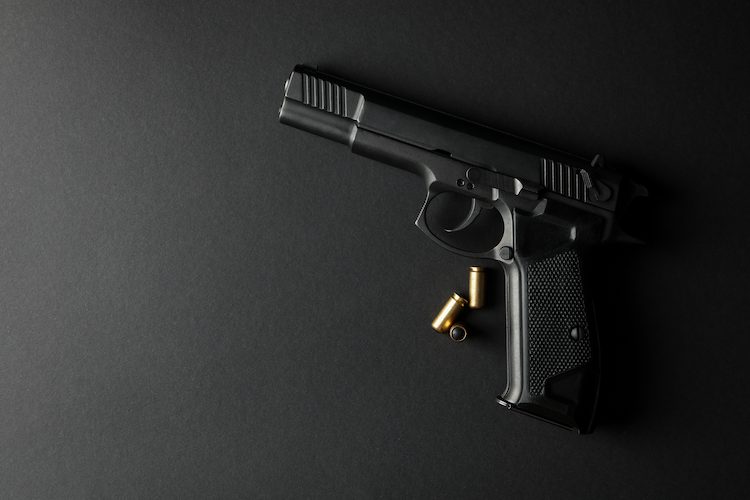Martin Luther King, Jr., a minister and social activist, was a key figure in the civil rights movement of the 1950s and 1960s. King, who preached the virtues of advancing civil rights through nonviolence and civil disobedience, was assassinated in 1968.
Early Life
Martin (born Michael) Luther King, Jr. was born on January 15, 1929, in Atlanta, Georgia. His grandfather and father served as pastors of Ebenezer Baptist Church in Atlanta, where King would later be a co-pastor.
King attended Booker T. Washington High School, where he was a member of the debate team and graduated at the age of 15. After earning a sociology degree from Morehouse College in 1948, King enrolled in Pennsylvania’s Crozer Theological Seminary. While later working on his doctorate at Boston University, King met Coretta Scott, who would later become his wife. The couple married in June 1953 and had four children, Yolanda, Martin Luther King III, Dexter Scott and Bernice.
Civil Rights Movement
In 1954, King became pastor of the Dexter Avenue Baptist Church in Montgomery, Alabama. King was also a member of the executive committee of the National Association for the Advancement of Colored People (NAACP). After Rosa Park was arrested for refusing to give up her seat on a Montgomery bus, King was nominated to lead the city’s bus boycott. In his first speech, he said:
We have no alternative but to protest. For many years we have shown an amazing patience. We have sometimes given our white brothers the feeling that we liked the way we were being treated. But we come here tonight to be saved from that patience that makes us patient with anything less than freedom and justice.
During the protest, King was arrested and his home was bombed. At the same time, he emerged as the country’s most respected African American leader. In 1957, King helped form the Southern Christian Leadership Conference, an organization created to lead the growing civil rights movement, and became its first president. From 1957 until his death in 1968, King traveled more than 6 million miles, spoke more than 2,500 times, and wrote more than 5 books advocating for equality among the races.
In 1963, King led a large demonstration in Birmingham, Alabama, which made national headlines. He was arrested during the protest, which resulted in his famous “Letter from a Birmingham Jail.” On August 28, 1963, King lead a peaceful march of 250,000 people in Washington, D.C., where he delivered his famous “l Have a Dream” speech. He told the crowd that he believed black and whites would one day be brothers, stating: “I have a dream that my four children will one day live in a nation where they will not be judged by the color of their skin but by the content of their character.” In recognition of his contributions to race relations, King received the Nobel Peace Prize in 1964. King also played a key role in protecting the legal rights of African Americans, with the passage of the Civil Rights Act of 1964 and the Voting Rights Act of 1965.
On April 4, 1968, King was assassinated while standing on the balcony of his motel room in Memphis, Tennessee. Decades after his death, he remains one of the country’s most influential African-American leaders.








